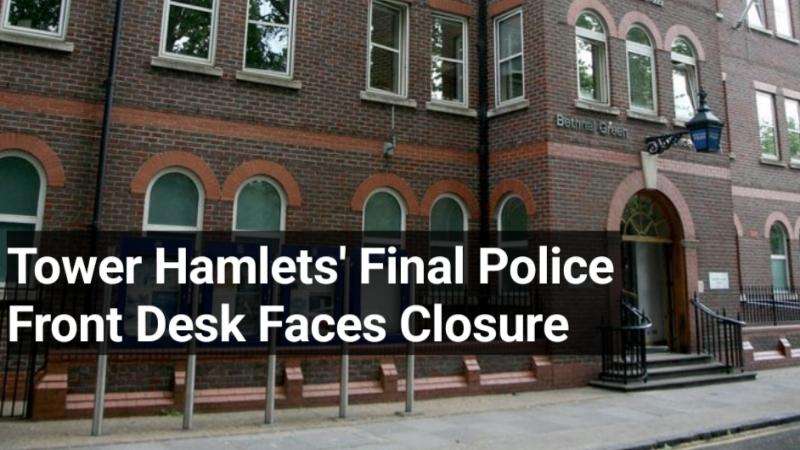A new report by His Majesty's Inspectorate of Constabulary and Fire & Rescue Services has revealed that years of insufficient funding, overwhelming workloads, and a significant loss of officers have severely weakened frontline policing, increasing risks to public safety. The Inspection into How Effectively the Police Investigate Crime report highlights that since 2015, individual officer workloads have risen by over 32%, leaving many officers with caseloads that are impossible to manage.
Over the past ten years, the rate of police-recorded crime per 1,000 people has risen by 44%, while the number of police officers in England and Wales has declined by 6% after accounting for population changes. As a result, investigations are being delayed, critical evidence is being overlooked, and victims are not receiving the support they need. The percentage of police investigations resulting in positive outcomes has dropped from 25% a decade ago to just 11% in 2024. In addition, a record-breaking 9,000 officers resigned in the year leading up to March 2023.
The Police Federation, which represents more than 145,000 officers, warns that unless urgent steps are taken, the situation will continue to deteriorate, leaving fewer experienced officers in the field and new recruits struggling due to inadequate preparation and support. Acting chair Tiff Lynch described the findings as evidence of a failing system that is leaving both the public and police officers in a vulnerable position. She emphasized that many officers are quitting because they cannot afford to stay in the job, and the immense strain is taking a toll on their health. The report repeatedly points to a lack of experience as a key issue, mentioning the word "inexperienced" 34 times. Lynch urged the government to acknowledge the crisis in policing just as it has recognized the challenges in the National Health Service (NHS).
The report outlines 11 recommendations for chief constables aimed at improving investigative processes, strengthening training programs, and enhancing supervision of crime investigations. The inspection covered several police forces, including Cheshire Constabulary, Cumbria Constabulary, Essex Police, Greater Manchester Police, Norfolk Constabulary, the Police Service of Northern Ireland, and West Midlands Police between May and July 2024.
His Majesty's Inspector of Constabulary, Lee Freeman, stressed the importance of effective crime investigations to public trust and safety. However, he noted that inefficient internal processes often hinder officers' ability to prioritize victims. Freeman also pointed out that police forces lack the necessary resources to handle high volumes of crime investigations to the standard expected by both law enforcement and the public.








.svg)




